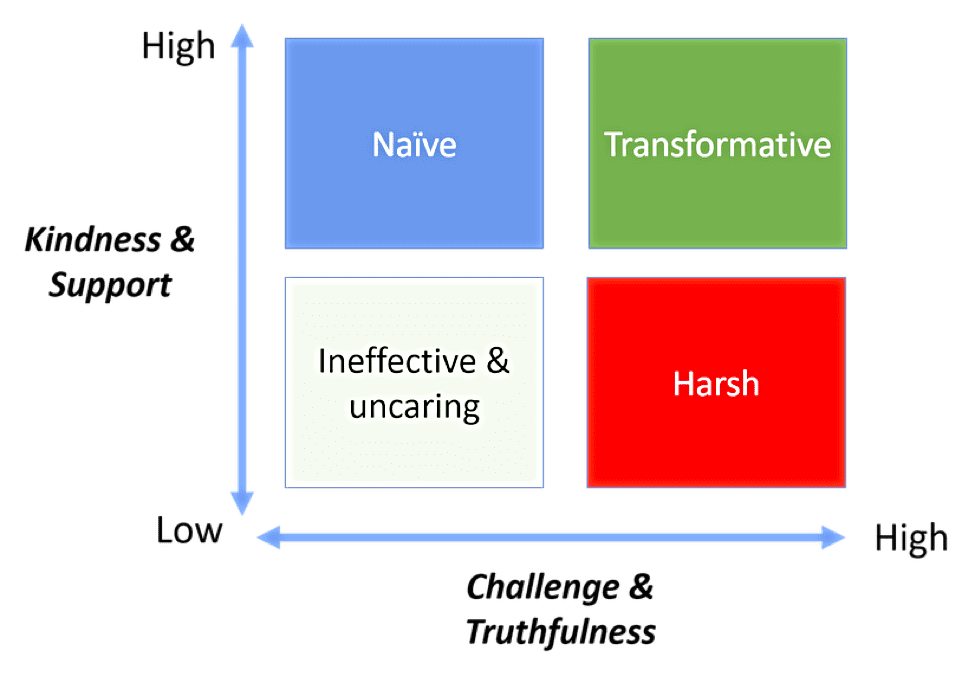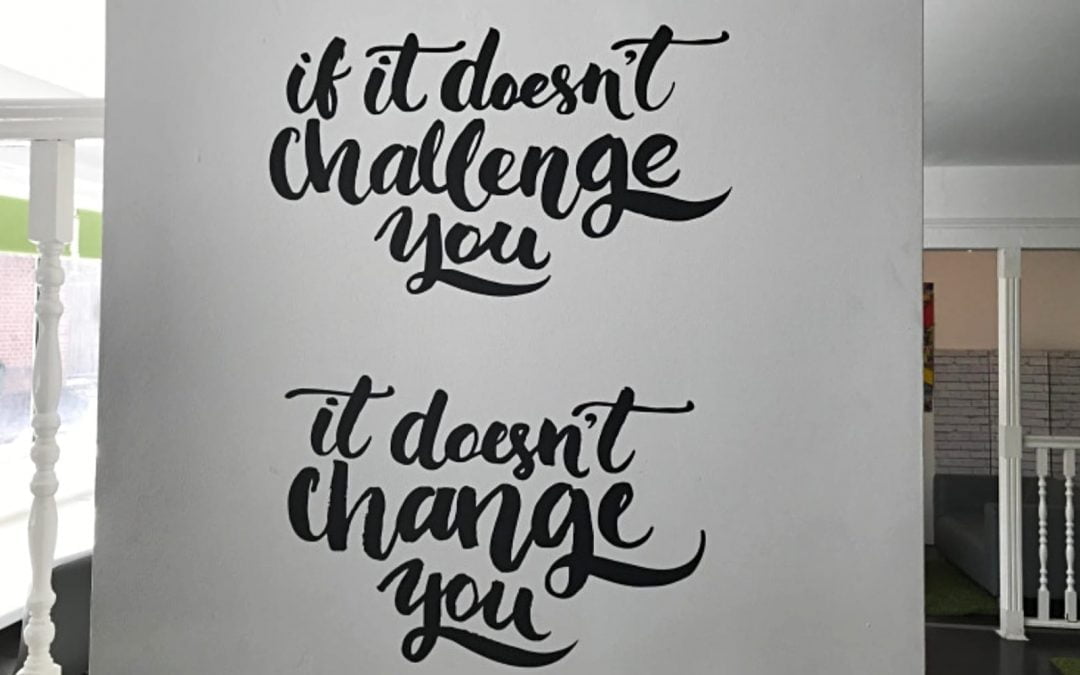I saw these words on a wall of a center for homeless people I visited recently: “If it doesn’t challenge you, it doesn’t change you.”
I think they display a realism and wisdom that is helpful for everyone seeking to help people in need.
The center helps people with some of the most complex issues imaginable, but I was struck by the perseverance and lack of cynicism in the staff I met.
Change is hard and does not come easily. This is true in everyone’s life.
Often, we need to be challenged from people we respect and trust to help get us out of a rut or face up to a reality that we are ignoring or dismissing. This is often what the best forms of people management involve.
Genuine change rarely comes from a one-way exchange, a “benefactor” giving help to a passive recipient.
The best forms of help are mutual, relational and empower the strengths in others. It involves people being challenged about what they can do, fostering their sense of agency and helping them face truth.
This is especially true for people affected by homelessness who have so often experienced trauma and whose lives can be scarred by addiction or serious mental health issues.
The work of recovery always involves facing the truth: both about what has been done to us, and also what we have done to others.
Of course, this is a sensitive business. It calls for respect, experience and wisdom. It can easily be done badly. However, truth and challenge will always be an essential ingredient of change.
I have used this diagram in a few workshops recently to illustrate these issues:

If our work is high in kindness and support but low in challenge and truthfulness, it will be in danger of being naive.
This is a tendency within some faith and community responses to poverty and homelessness when the emphasis is too much on giving things away, such as food or clothing.
It’s understandable that when people see a need, they want to respond. As with the issues of people begging, the trouble is when this help is detached from the truth about someone’s situation and the real impact of the help we are giving – a subject I’ve addressed previously.
However, at the other end of the spectrum, when some are too focused on challenge and truthfulness, the approach can become too harsh.
Homeless people are often treated badly, and some simply want homeless people to disappear out of sight.
Often, it is this harshness that motivates faith and community groups to go to the other end of the spectrum.
Thus, a polarization can easily break out in conflict, often now super-charged by social media, between those who view each other as either “naive do-gooders” on one hand or “harsh enforcers” on the other.
Rather than polarize, we need to work hard to keep these factors together. This means different groups – local authorities, faith groups and charities – working together.
We need to focus on the homeless people themselves, not just the perspective of our position.
Efforts to help people are most effective when they bring together support and kindness and challenge and truthfulness. This is where transformation happens.
Of course, all of this is easy to write in a blog post or draw a neat diagram about, but combining kindness and truthfulness is hard.
It’s a tension I grapple with every day in the encounters I have in my job and my local community. It’s also very relevant to the challenge of parenting.
It’s a tension captured neatly in my favorite verse in the Bible, 1 John 3:18: “Let us not love with words or tongue but with actions and in truth.”
Authentic faith cannot just exist in words. A constant theme throughout the Bible is that beliefs must be expressed in action. The Bible is clear and unequivocal; we need to act to help those in need.
However, these actions must be rooted in truth. This is both the truth of each particular situation and the wider truth of the gospel of God’s love.
Divine grace and acceptance provide the resources for us to be honest and truthful, both with ourselves and with others.
We can know with confidence that this is the path to transformation and wholeness. It really is the truth that sets people free.
Editor’s note: A version of this article first appeared on Kuhrt’s blog, Grace + Truth. It is used with permission.
Jon Kuhrt is chief executive of West London Mission and a member of Streatham Baptist Church in South London.

